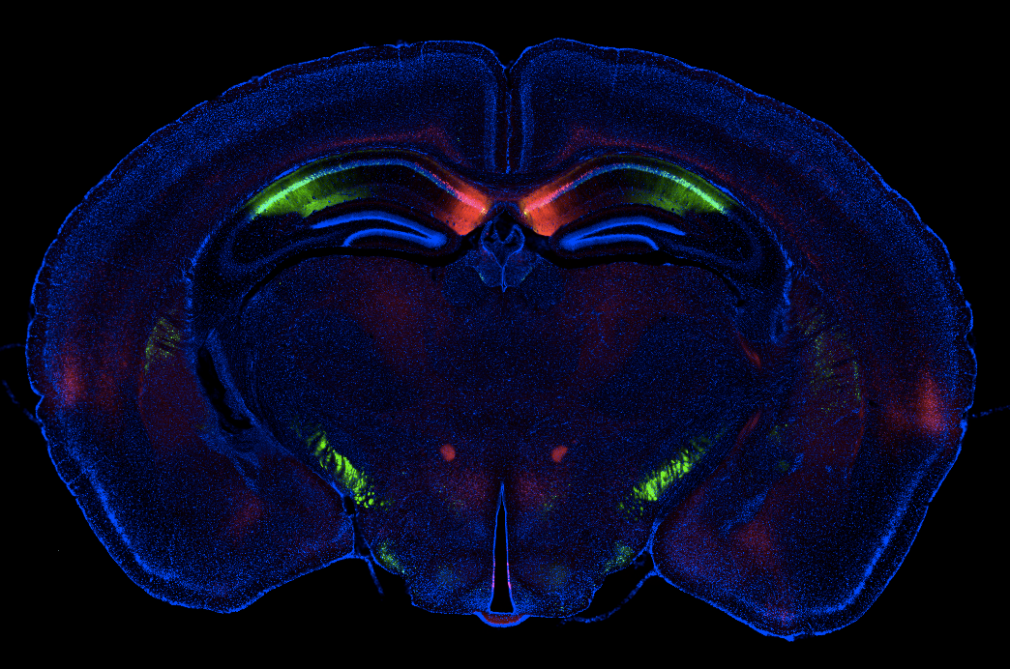
If you have a hard time sleeping, try these 10 natural remedies to help you sleep and keep your hypothalamus working properly. In addition, researchers involved in the study suggest that sleep deprivation may increase someone’s risk of neurological diseases. Get enough sleepĪ 2014 study found that sleep deprivation was associated with hypothalamic dysfunction in rats. To reduce your risk, make sure you’re aware of how much sugar you consume per day. A recent study in mice found that eating a high-fat diet led to inflammation of the hypothalamus.Īnother study in mice found that a high-sugar diet also caused inflammation of the hypothalamus. While eating a balanced diet is important for every body part, it’s especially crucial when it comes to the hypothalamus. While some hypothalamus conditions are unavoidable, there are a few things you can do to keep your hypothalamus healthy. Many hormones produced by the hypothalamus directly affect those produced by the pituitary gland. While it’s usually caused by damage to the pituitary gland, hypothalamic dysfunction can also cause it. This disorder happens when the pituitary gland doesn’t produce enough hormones. Additional symptoms include a slower metabolism and decreased muscle. People with Prader-Willi syndrome have a constant urge to eat, increasing their risk of obesity.
#Mouse hippocampus anatomy labels full#
It causes the hypothalamus to not register when someone is full after eating. Unlike people with diabetes mellitus, people with diabetes insipidus have stable blood sugar levels. This causes increased urination and thirst. If the hypothalamus doesn’t produce and release enough vasopressin, the kidneys can remove too much water. Hypothalamic dysfunction plays a role in many conditions, including:

The anterior region of the hypothalamus also helps regulate body temperature through sweat. Somatostatin works to stop the pituitary gland from releasing certain hormones, including growth hormones and thyroid-stimulating hormones. When vasopressin is released, it signals the kidneys to absorb water. Also called antidiuretic hormone (ADH), this hormone regulates water levels in the body. It’s also involved in some functions of the reproductive system, such as childbirth and lactation. This hormone controls many important behaviors and emotions, such as sexual arousal, trust, recognition, and maternal behavior. GnRH production causes the pituitary gland to produce important reproductive hormones, such as follicle-stimulating hormone (FSH) and luteinizing hormone (LH).

TRH production stimulates the pituitary gland to produce thyroid-stimulating hormone (TSH). ACTH triggers the production of cortisol, an important stress hormone. It signals the pituitary gland to produce a hormone called adrenocorticotropic hormone (ACTH). CRH is involved in the body’s response to both physical and emotional stress.

These are clusters of neurons that perform vital functions, such as releasing hormones.


 0 kommentar(er)
0 kommentar(er)
